[ad_1]
China’s crackdown on personal enterprise in 2021 wiped greater than $1 trillion off the market worth of among the nation’s largest corporations.
Beijing’s tightening grip on the economic system got here as officers harassed the significance of prioritising “high-quality” development that advantages the final inhabitants over maximising gross home product.
The “widespread prosperity” drive focused sectors starting from actual property and training to expertise and leisure, tanking the inventory worth of family names equivalent to Alibaba Group, Tencent Holdings, Didi Chuxing Expertise Co, and New Oriental Schooling and Expertise Group, and reining within the private affect of company bigwigs equivalent to Jack Ma and Pony Ma.
The crackdown has left many companies and traders questioning nervously about the way forward for development and innovation in China.
“For corporations, which means their job is now not to earn money, however as an alternative to contribute to societal items,” Trey McArver, an analyst at Trivium China, instructed Al Jazeera. “The place corporations will not be seen doing that, they are going to face swift regulatory motion.”
Kyle Jaros, affiliate professor of worldwide affairs on the College of Notre Dame, instructed Al Jazeera the Chinese language Communist Occasion had made it clear the “party-state can dictate phrases to enterprise, not the opposite method round.”
“This has meant slicing individuals equivalent to Alibaba’s Jack Ma right down to dimension, forcing the personal sector to exhibit obeisance – as with Tencent’s Pony Ma and Xiaomi’s Lei Jun – and demonstrating that the party-state has the suitable to set each technical requirements and ethical parameters for enterprise exercise,” Jaros mentioned.
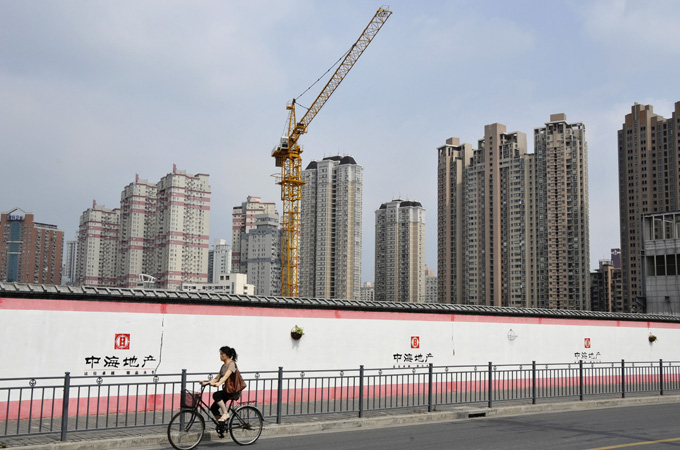 Beijing’s “three purple traces” coverage has sought to rein in extreme actual property borrowing [File: Udo Weitz/EPA]
Beijing’s “three purple traces” coverage has sought to rein in extreme actual property borrowing [File: Udo Weitz/EPA]Actual property
In August 2020, Beijing launched the “three purple traces” coverage to forestall overleveraged personal builders from taking up new loans.
With the rationale that “homes are for residing, not for hypothesis,” the coverage sought to chill the property market, which had expanded quickly during the last decade amid rampant speculative shopping for.
The lending curbs have been cited as a major driver of the liquidity disaster that led to 2 of China’s largest personal builders – Evergrande Group and Kaisa – defaulting on their loans. In October, new laws had been rolled out to ban smaller Chinese language cities from constructing skyscrapers taller than 250 metres.
“The regulatory crackdowns are a part of a broader paradigm shift that has taken place in how Beijing is approaching its financial coverage and administration,” Shehzad Qazi, managing director of China Beige E book Worldwide, instructed Al Jazeera.
“This consists of acknowledging that China’s previous debt-fueled, investment-heavy development mannequin has run out of street.”
Tech corporations
In November 2020, Chinese language regulators suspended a deliberate $37bn preliminary public providing by Jack Ma’s Ant Group.
Beijing mentioned it suspended what would have been the largest IPO in historical past to guard traders, however many analysts consider Ma’s public criticism of China’s monetary regulators and state banks triggered the transfer.
Andrew Collier, founder and managing director of Orient Capital Analysis, instructed the New York Instances the suspension could have been to guard state banks that paid Ant Group charges to assist them prolong credit score to prospects at a price to their very own profitability.
“My private view is that the banks had been on the lookout for an excuse to nip this within the bud and likewise give them sufficient time to attempt to get their very own on-line operations in control,” Collier mentioned.
In February this 12 months, Beijing revealed new anti-monopoly guidelines for tech corporations. These included measures to make sure corporations don’t use algorithms that encourage customers to spend excessively or in a method that may disrupt public order. Alibaba, Tencent and Baidu are among the many tech giants which were issued fines over allegedly monopolistic practices.
In April, regulators slapped Alibaba with a $2.8bn antitrust fantastic, and ordered Ant Group to restructure itself with supervision from China’s central financial institution.
Beijing has additionally expressed disapproval of tech corporations in search of overseas IPOs. In July, days after ride-hailing large Didi launched its $4.4bn IPO in america, Chinese language regulators banned the corporate from app shops.
New guidelines require corporations with knowledge on multiple million customers to hunt regulatory approval earlier than they will record abroad and permit regulators to dam listings on nationwide safety grounds.
In August, Beijing banned under-18s from enjoying video video games for greater than three hours every week to forestall gaming dependancy.
In September, Beijing prohibited cryptocurrency transactions and mining. Banks, establishments and on-line cost companies had been banned from finishing up transactions with cryptocurrencies, and fund managers had been prohibited from investing in cryptocurrencies as property.
The Chinese language authorities has additionally constructed its personal state-backed cloud system, which competes with Alibaba, Huawei, and Tencent within the personal sector. Within the metropolis of Tianjin, municipally managed corporations had been requested emigrate their knowledge from personal sector operators to the state-backed cloud.
“The brand new paradigm prioritises nationwide safety issues, particularly so far as knowledge is anxious, and brings elevated consideration to socioeconomic developments, equivalent to inequality that may trigger instability and threaten the Occasion’s management,” Qazi mentioned.
 Beijing has ordered personal tutoring corporations to not educate topics which are already provided in colleges. [File: Tingshu Wang/Reuters]
Beijing has ordered personal tutoring corporations to not educate topics which are already provided in colleges. [File: Tingshu Wang/Reuters]Non-public tutoring
In July, China unveiled restrictions on personal training that it mentioned had been aimed toward relieving stress on college kids and decreasing the fee burden of tutoring for folks.
Beijing ordered personal tutoring corporations to be registered as non-profits and to chorus from providing topics already taught in colleges.
The businesses have additionally been barred from elevating capital abroad and from giving classes on weekends and holidays. The clampdown upended the $120bn business, with New Oriental Schooling and Expertise, China’s largest personal tutoring agency, seeing the market worth of its US-listed shares fall by $7.4bn.
Leisure
In August, to curb what authorities have described as “chaotic” movie star fan tradition, Beijing ordered broadcasters to not work with entertainers who had “incorrect political positions” and “effeminate” types, which it deemed unpatriotic. Beijing additionally regulated the sale of fan merchandise for controversial performers and barred on-line platforms from publishing recognition lists.
The street forward
The push for “widespread prosperity” might imply that in the long term, China will transition away from “wild west” capitalism and in the direction of a extra consumption-driven economic system aimed toward selling socialist values. Though the interval of freewheeling financial enlargement could also be over, analysts consider companies that may adapt will succeed.
McArver predicts that corporations that contribute to the societal good, equivalent to these offering healthcare and training, will discover a largely beneficial working surroundings, whereas corporations serving to to develop core applied sciences can even do effectively.
“Profitable businessmen in China have at all times understood that they prosper when their enterprise dovetails with broader coverage initiatives,” McArver mentioned.
“That may proceed to be the case. Businessmen will pivot away from sectors that Beijing sees as unproductive and in the direction of people who Beijing helps, equivalent to environmental safety and superior manufacturing.”
Qazi mentioned innovation could be “guided by the priorities of the Occasion”.
“Corporations in sectors the state is prioritising, equivalent to high-tech manufacturing, the place China seeks to reduce overseas dependence, will thrive,” he mentioned.
Nevertheless, the stricter surroundings might compel some corporations to place off enlargement or look elsewhere for alternatives.
“Some companies could resolve {that a} extra controlling regulatory surroundings and better stress to pursue party-assigned social and political missions will lower into their backside traces,” Jaros mentioned. “In consequence, they could restrict their scope for innovation, curtail or redirect investments, or in some circumstances, search for extra open markets exterior China.”
[ad_2]
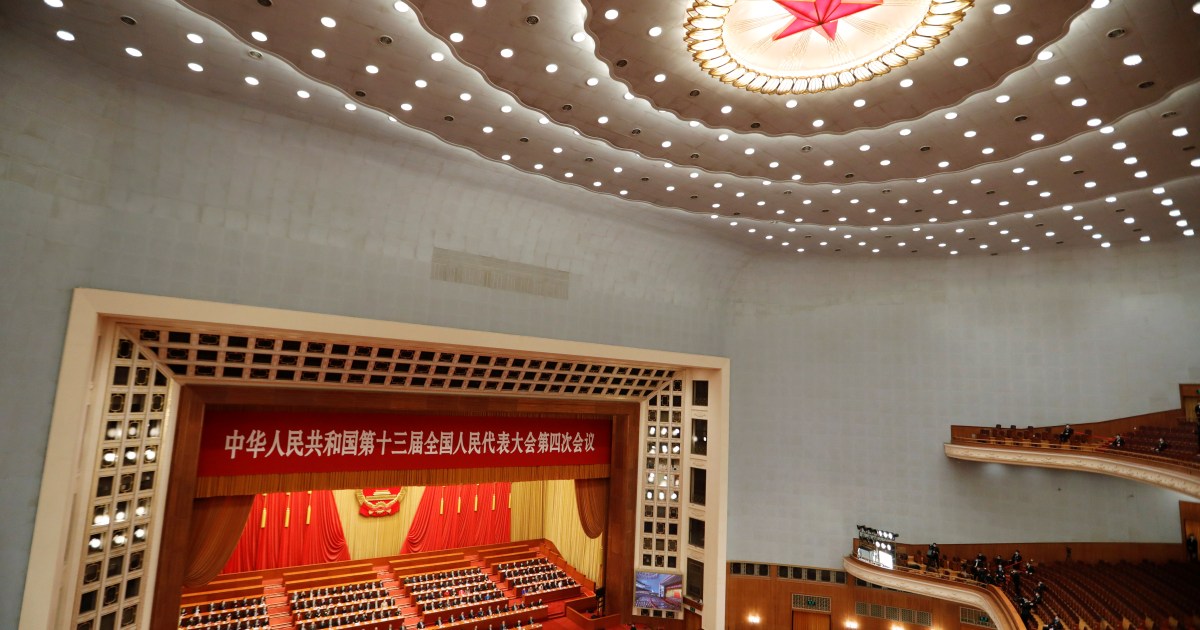
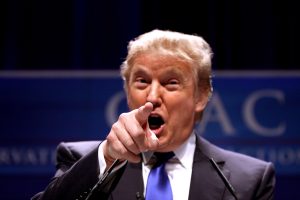
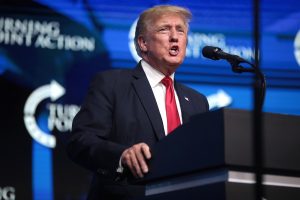
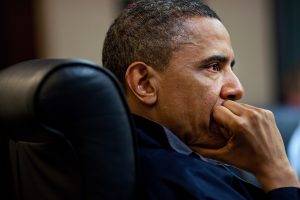

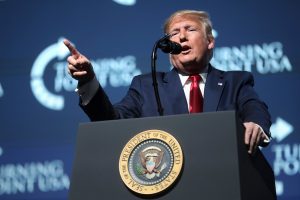



Leave a Reply